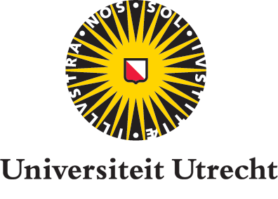Nieuws
New DeltaMAR publication by Badrul Hasan et al. | A Community Management Plus Model for the Governance of Rural Drinking Water Systems
Hasan, M. B., Driessen, P. P., Majumder, S., Zoomers, A., & van Laerhoven, F. (2020) A community management plus model for the governance of rural drinking water systems: A comparative case study of Pond Sand Filter systems in Bangladesh. International Journal of the Commons 14(1). 662-679
Abstract: Rural drinking water systems (RDWS) in Bangladesh and elsewhere fail more often than we would want. The acknowledgment that pure community management models will not reverse this trend is growing: RDWS users need support. In an attempt to further understanding what this support could look like we in particular zoom in on the role of public agencies. We ask, (i) what conditions explain variation in collective action among the end-users of an RDWS? and, (ii) what conditions explain variation in collaboration between RDWS end-users and a public agency? We lean on concepts and insights borrowed from the commons literature. After all, rural drinking water systems can be framed as a commons: its users face appropriation and above all provision dilemmas, that must be solved to avoid failure. Based on this literature we develop a list of enabling conditions for (i) collective action among RDWS end-users, and (ii) collaboration between RDWS end-users, and a public agency. We applied these lists to study the governance of 30 pond sand filter (PSF) systems in the Southwestern coastal area in Bangladesh. Computing correlation, we find that large group size, interdependency among the group members, heterogeneity of endowments, a high level of dependence on resource system, locally devised access and management rules and well-working collaboration between PSF users and the public agency are significantly associated with the occurrence of collective action among PSF users. We also find that the latter (i.e. collaboration between PSF users and the public agency) is positively influenced by transparency and inclusive decision-making procedures, but mostly by a relation that is characterized by trust.





